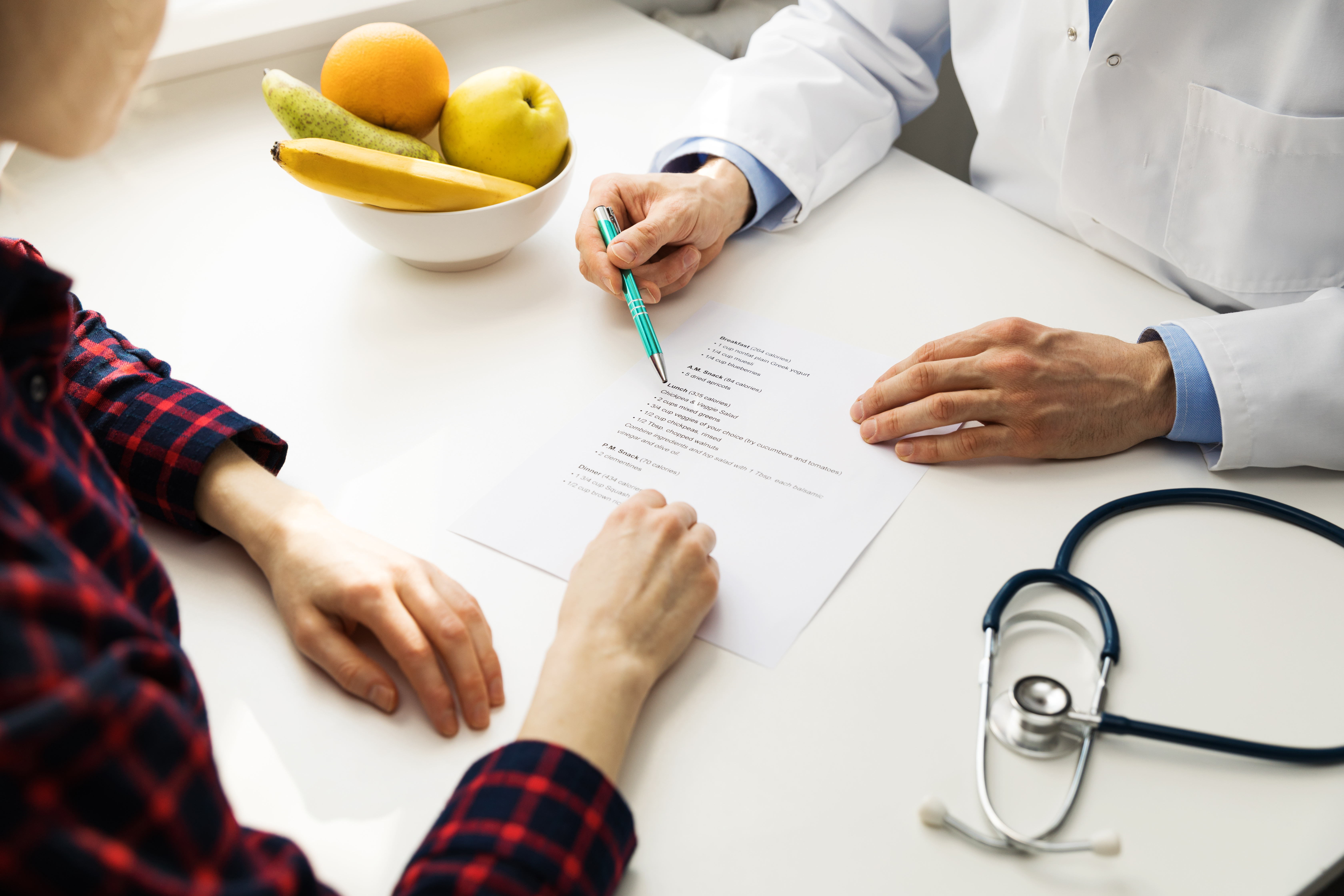
11 Apr Heavy metals and our health
Heavy metals can be confusing. On one hand, heavy metals are toxic. On the other, we need small but sufficient quantities of certain essential heavy metals like calcium, cobalt, copper, iron, manganese, molybdenum, and zinc[1]. Some heavy metals are even used in medications; while some impede optimal brain health[2]. Our environment is ubiquitously contaminated with heavy metals from our seas to our soil and drinking water [3]. There are a few things that you can do to maximize your health and minimize your exposure to non-essential heavy metals.
- Minimize your exposure to heavy metals by:
a. understanding which foods are safe to eat
b. ensuring that your water is free of heavy metals like lead by getting it tested. Home water test kits are usually under $30. - Eat a healthy well-rounded diet rich in fruits and vegetables. A Mediterranean diet is recommended[4].
- Make sure that you are not deficient in essential heavy metals, vitamins or minerals. Some probiotic may help to achieve optimal health goals.[5]
- I am also recommending G-Pur to my patients to try and impact their heavy metal balance
1. Singh, R., et al., Heavy metals and living systems: An overview. Indian Journal of Pharmacology, 2011. 43(3): p. 246-253.
2. Shiue, I., Arsenic, heavy metals, phthalates, pesticides, hydrocarbons and polyfluorinated compounds but not parabens or phenols are associated with adult remembering condition: US
NHANES, 2011-2012. Environ Sci Pollut Res Int, 2015. 22(8): p. 6381-6.
3. Järup, L., Hazards of heavy metal contamination. British medical bulletin, 2003. 68(1): p. 167-182.
4. Trichopoulou, A., et al., Adherence to a Mediterranean Diet and Survival in a Greek Population. New England Journal of Medicine, 2003. 348(26): p. 2599-2608.
5. Zoghi, A., K. Khosravi-Darani, and S. Sohrabvandi, Surface binding of toxins and heavy metals by probiotics. Mini reviews in medicinal chemistry, 2014. 14(1): p. 84-98.



No Comments